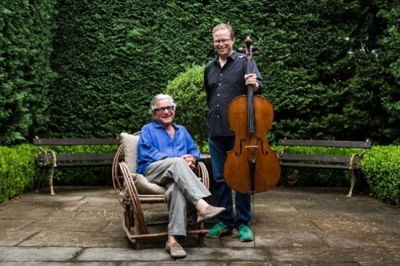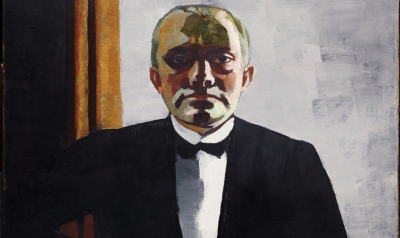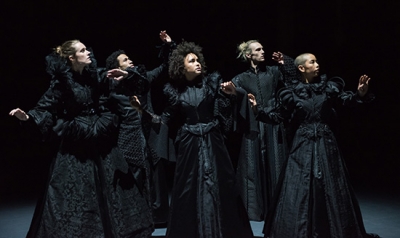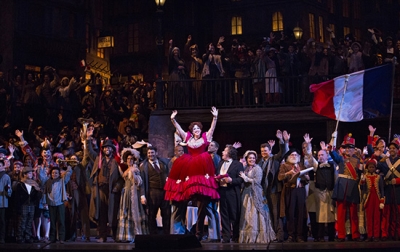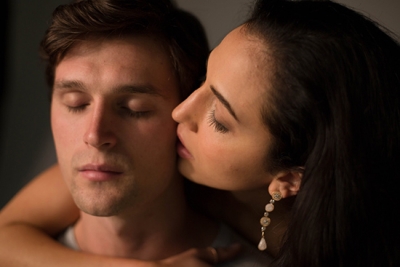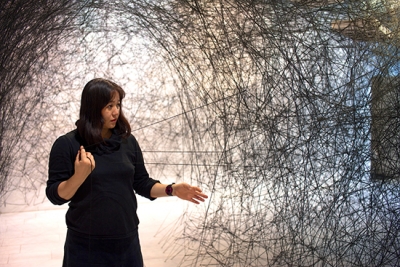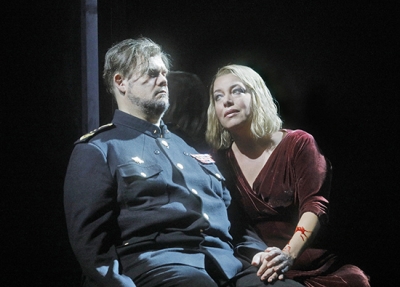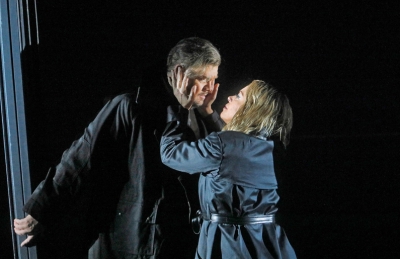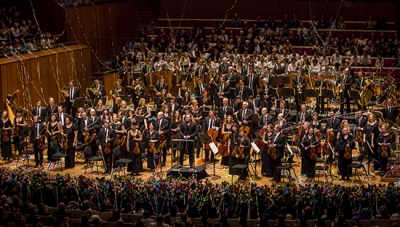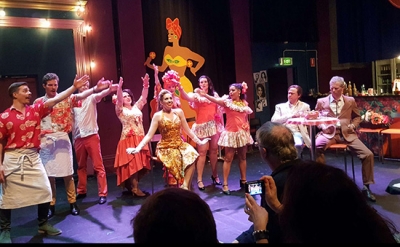Recent reviews
Film | Theatre | Art | Opera | Music | Television | Festivals
Welcome to ABR Arts, home to some of Australia's best arts journalism. We review film, theatre, opera, music, television, art exhibitions – and more. To read ABR Arts articles in full, subscribe to ABR or take out an ABR Arts subscription. Both packages give full access to our arts reviews the moment they are published online and to our extensive arts archive.
Meanwhile, the ABR Arts e-newsletter, published every second Tuesday, will keep you up-to-date as to our recent arts reviews.
Recent reviews
ABR Art issue launch, Women In Theatre, The Guarneri cello, Anna Bolena, Patrick White Literary Award, and a Melbourne Opera giveaway ...
... (read more)New Objectivity: Modern German Art in the Weimar Republic, 1919-1933 (Los Angeles County Museum of Art)
The Weimar period in Germany – spanning less than fifteen years following the end of World War I through to the coup d’état by the National Socialists in 1933 – was crucial in shaping modern Germany. The nation was in a ruinous state because of its wartime defeat, crippling reparations ...
... (read more)Two Dogs, Dark Chorus, and Lady Eats Apple (Melbourne Festival)
Well, it wasn’t the usual demure Melbourne Festival crowd that piled into the Merlyn Theatre for the opening of Life and Opinions of Two Dogs: the local expat Chinese community was out in force, and the place was buzzing. Two Dogs follows the adventures of a couple of country mutts ...
... (read more)Franco Zeffirelli’s production of Puccini’s La Bohème has been delighting audiences (and enriching the company) since its première in 1981. Many of the world’s greatest singers have appeared in it:- since the first cast, which included Teresa Stratas, José Carreras, Renata Scotto, and James Morris ...
... (read more)Early in Helen Garner’s Joe Cinque’s Consolation (2004) there is a striking description of Anu Singh, the Canberra law student arrested in 1997 for drugging her boyfriend Joe Cinque with a cocktail of heroin and Rohypnol. In court one morning, Singh uses the interval before the judge’s arrival ...
... (read more)There have been a handful of occasions in my life when I have stood before a work of art intending to look at it, appraise it, only to find myself drawn into it. In some strange way I become part of the work. It is as if my imagination has merged with the imaginative space of the art work and, at the ...
... (read more)It was hard not to think of Tchaikovsky’s words, written during the first Bayreuth Festival (1876), at the opening night of the Metropolitan Opera’s 2016–17 season. Arts Update, selfless as ever, had gone ahead of the ABR US tour party, still rusticating in New Haven, for the American première of ...
... (read more)Voices from America, ABR Arts Issue launch, The Australian Ballet's 2017 season, Melbourne Festival 2016, Asia TOPA, film giveaway ...
... (read more)These days a victorious homecoming is normally reserved for élite athletes, but since 2011 it has had an equivalent in the sphere of classical music, thanks to the creation of the Australian World Orchestra. The brainchild of Alexander Briger, this project-based orchestra unites expatriate Australians ...
... (read more)Ihope no one from Australia's various intelligence agencies is reading this, or they may be affronted. But for me, Our Man in Havana, Graham Greene's purported black comedy about an ingenious vacuum cleaner salesman deceiving Britain's MI6, has a marvellous ring of verisimilitude ...
... (read more)

